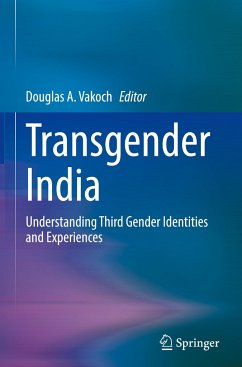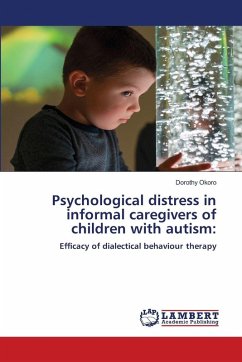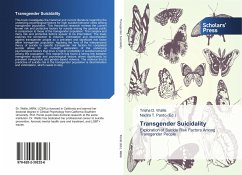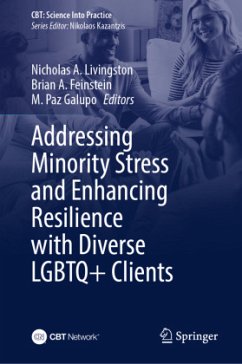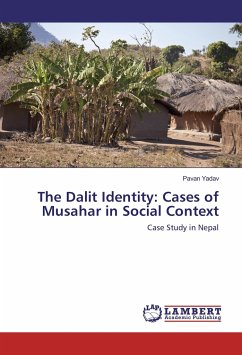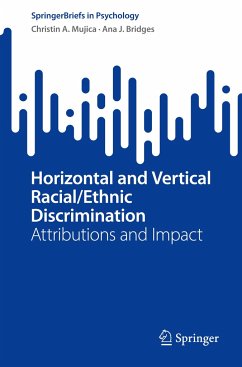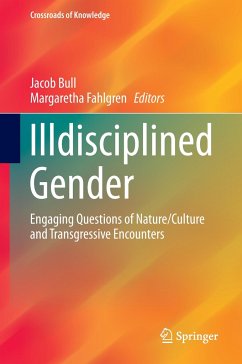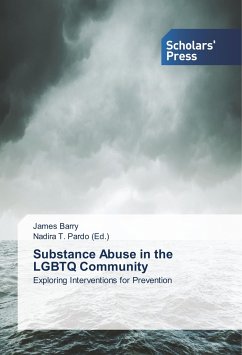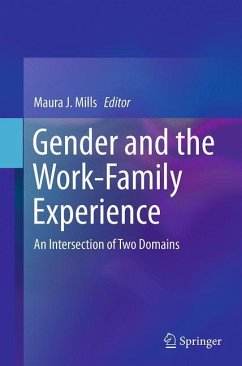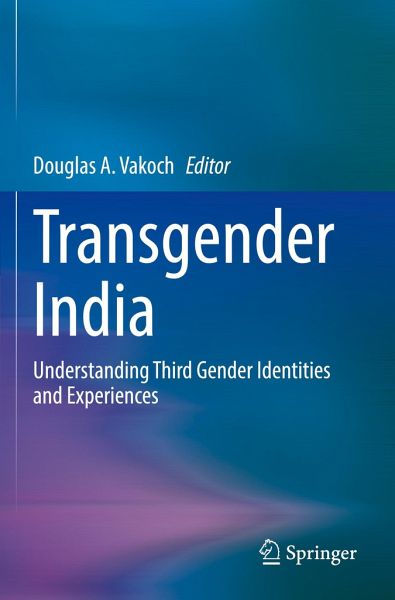
Transgender India
Understanding Third Gender Identities and Experiences
Herausgegeben: Vakoch, Douglas A.
Versandkostenfrei!
Versandfertig in 6-10 Tagen
129,99 €
inkl. MwSt.

PAYBACK Punkte
65 °P sammeln!
Transgender India: Understanding Third Gender Identities and Experiences provides the first scholarly study of hijras, transmen, and other third gender Indians from the perspective of a range of disciplines in the behavioral and social sciences, as well as the humanities. This book fosters a dialogue across academic fields, as authors cross-reference each other's chapters, comparing and contrasting their views of transgender experience and identity in India. This multidisciplinary approach helps readers understand the complex interplay of factors that have led to discrimination against third g...
Transgender India: Understanding Third Gender Identities and Experiences provides the first scholarly study of hijras, transmen, and other third gender Indians from the perspective of a range of disciplines in the behavioral and social sciences, as well as the humanities. This book fosters a dialogue across academic fields, as authors cross-reference each other's chapters, comparing and contrasting their views of transgender experience and identity in India. This multidisciplinary approach helps readers understand the complex interplay of factors that have led to discrimination against third gender individuals, as well as paths forward to a more equitable and just future, in ways that go beyond the perspective of a single academic field. This multidisciplinary approach is the book's most distinctive feature in comparison to existing works limited to individual fields such as anthropology, investigative journalism, and history. The broad scope of Transgender Indiais relevant to scholars and students in diverse disciplines who seek a greater and more nuanced understanding of the behavioral and societal impact of these issues.





